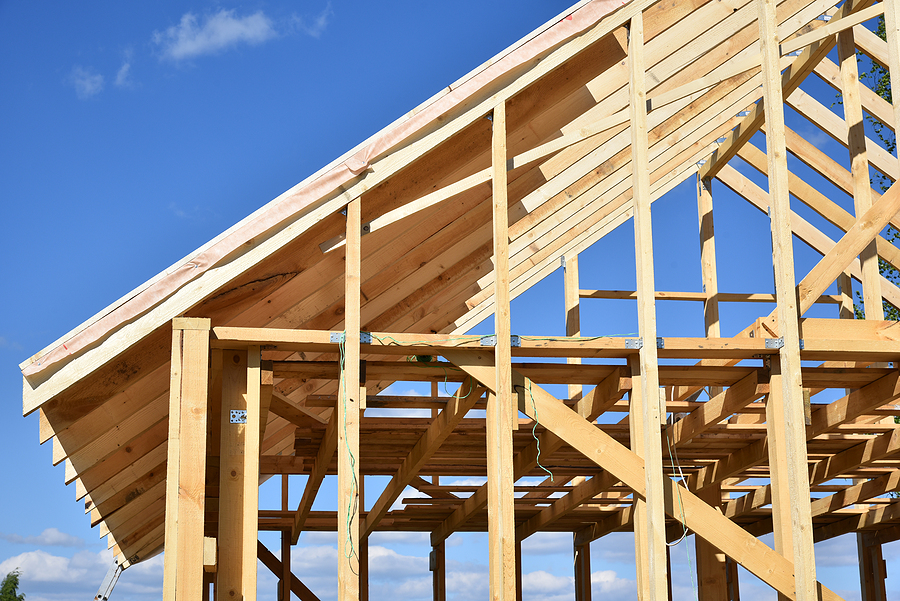When it comes to the building process, without a doubt there is going to be some construction involved. You simply can’t have one without the other. For this reason, it is no surprise that the construction and building industries are among the most thriving this day and age. This booming industry has grown exponentially over the past 20 decades, and now serves more than one type of client or consumer, from real estate developers and private property owners, to industrial, municipal, and more. As a proprietor looking to plan, build, or remodel, it is important to know which kind of construction work you need. Although there are several facets of construction work, the main ones are residential and commercial construction.
Continue reading to learn the top differences between them, and how to find a trusted construction company in Central Indiana.

Commercial Construction Work
Commercial construction work refers to a wide scope of mechanical and structural services, including space planning and permitting, preconstruction, designing, building, facility maintenance, and more. Some examples of commercial construction clients include factory and warehouse owners, retail stores, medical facilities, hotels, restaurants, fitness centers, and office building proprietors.
Residential Construction
Residential construction work refers to a broad range of building, maintenance, and design services for homes and residences. Private homeowners or landlords would contact a residential general contractor for any construction, building, or remodeling needs. Residential construction work can also fall under commercial construction when residential real estate developers are building neighborhoods, subdivisions, or multi-housing communities like apartment and condominium complexes.
So What Makes Them Different?
The top factors that separates residential construction work from commercial construction work include the use of property, building codes and permits, necessary equipment, and the pace of labor.
► Property Usage – Commercial construction is work reserved for properties that conduct a business or provide a service. Basically, if the property is intended for making a profit, it is a commercial site that would require commercial construction work.
► Building Codes – In the construction industry, there are strict and specific building codes and regulations, including permits, that must be precisely fulfilled and compliant at all times. Although similar in a general sense, these regulations are much different from a residential and commercial aspect.
► Equipment – Specialized equipment is required to perform commercial construction work, as it is generally a much larger-scale operation compared to residential. Metal fabrication equipment, cranes, dozers, lifts, scaffolding, and utility mapping technology are just a few examples.
► Pace of Labor – Commercial construction work generally operates at a faster pace than residential construction because such companies work within set timelines and agendas. This is done in order to meet a proprietor’s business objectives, namely generating revenue as soon as possible.
Licensed Commercial General Contractors in Central Indiana
Contact BAF Corporation at 317-253-0531 for trusted commercial construction services in Indianapolis, Indiana and its surrounding locations. Our skilled and experienced commercial general contractor teams deliver a streamlined process that meets all defined engineering and design specifications, procurement, schedules, and budgets. We serve all corporate, commercial, and industrial industries in Indianapolis, Indiana and its surrounding districts. Call today to request free information or to schedule a consultation.


